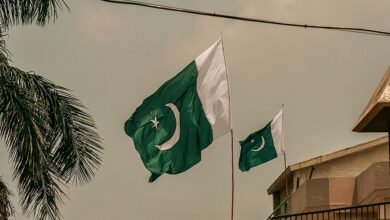
After rumors in various media outlets about a government plan to displace residents of North Sinai to make way for army operations against militants there, Parliament Speaker Ali Abdul Aal denied the claims.
In an emergency parliamentary session, Abdul Al said that these rumors are “not correct,” according to state-run newspaper of Akhabr Al-Youm.
He further noted that the residents of the Sinai Peninsula are a fundamental part of Egypt and that they are co-operating with army and police forces to achieve peace and stability there. He added that the state is making sure that Sinai’s inhabitants remain there and that they are afforded the necessary protection against militant threats.
Abdel Aal’s statements came in the wake of the deadliest attack in Egypt’s modern history that saw 305 people losing their lives and another 128 injured after gun-bearing militants detonated a bomb and opened fire at worshippers in a local mosque in the Bir al-Abd town west of al-Arish.
Despite no claim of responsibility has been announced, residents say they had received threats from the Islamic State-affiliated “Sinai Province” group because the mosque was attended by followers of Sufi Islam.
Sufism, known as Taṣawwuf in the Arab world, refers to a mystical tradition, or the inward dimension, of Islam.
Since 2013, state security forces have been engaged in violent clashes with the “Sinai Province”, previously known as Ansar Beit Al-Maqdis. In 2014, the group declared its affiliation with IS and has launched deadly attacks on army and police checkpoints.
Over the course of the last two years, the Egyptian Armed Forces have launched counterattacks against militant stationing points across the Sinai Peninsula where the group is based, particularly in the cities of Sheikh Zuweid, Rafah, and Al-Arish.




